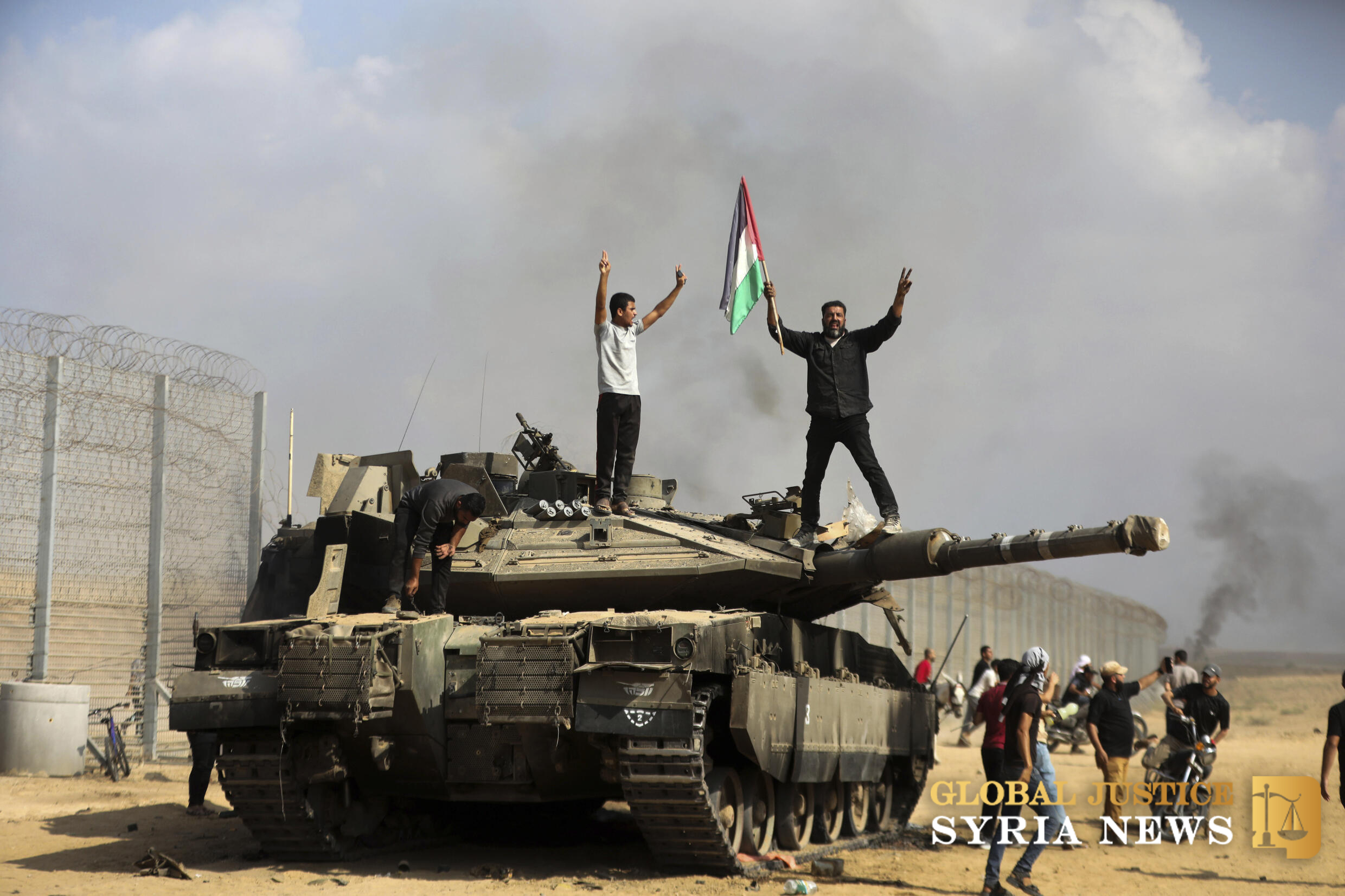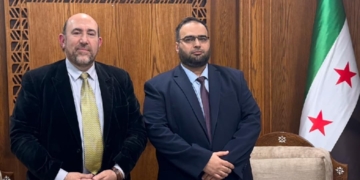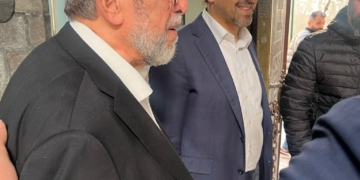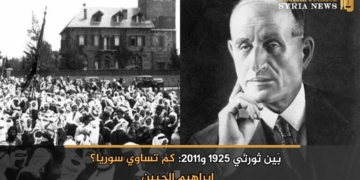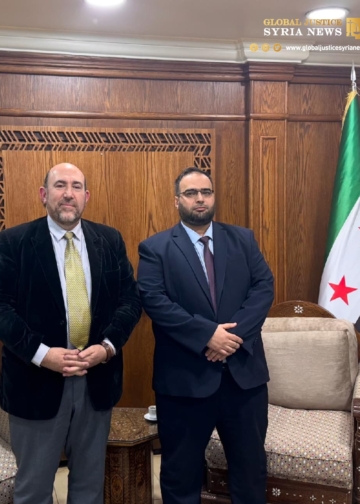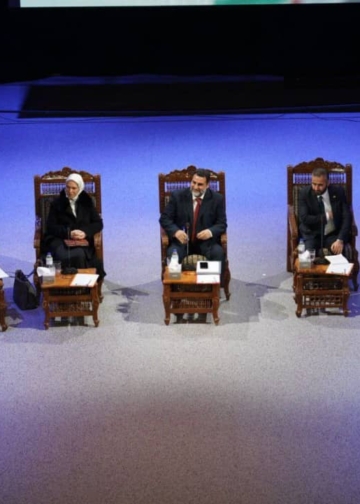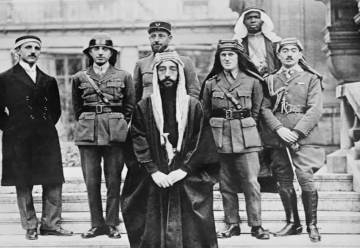In a significant religious ruling, Professor Dr. Salman al-Dayah, a respected Islamic scholar and former dean of Sharia and Law at Gaza’s Islamic University, has issued a fatwa condemning Hamas’s October 7th attack on Israel. The attack, which sparked a devastating conflict, led to the deaths of around 1,200 people in Israel and escalated to a widespread military response by Israel, causing extensive civilian casualties and destruction in Gaza.
Dr. Dayah’s fatwa, outlined in a detailed six-page document, criticizes Hamas for violating Islamic principles governing jihad. He argues that Islamic law requires strict conditions for engaging in military actions, emphasizing that jihad should avoid harm to civilians and infrastructure. His ruling highlights that Hamas’s failure to keep fighters away from civilian areas and shelters in Gaza breached these conditions, leading to widespread suffering and destruction among Gazans.
According to Dr. Dayah, Islamic law prohibits actions that provoke disproportionate retaliation if they bring harm beyond the intended military benefit. He cites Quranic teachings and the Prophet Muhammad’s example, stressing that Muslim leaders must prioritize the safety and well-being of non-combatants. The fatwa points to the need for food, medicine, and shelter for civilians, asserting that “human life is more precious to God than Mecca.”
As a prominent Salafist and critic of Islamist movements like Hamas, Dr. Dayah’s fatwa has sparked internal debate within Gaza and the broader Arab world, challenging the moral and legal justification of Hamas’s armed resistance. His stance calls for reflection on the ethics of military engagement, especially when civilian lives are at stake.
The fatwa’s impact is likely to deepen discussions about the role of armed resistance in the Palestinian struggle, with growing calls for strategies that avoid devastating humanitarian consequences.


